Gardeners Reading: Cultivating Knowledge for a Flourishing Garden
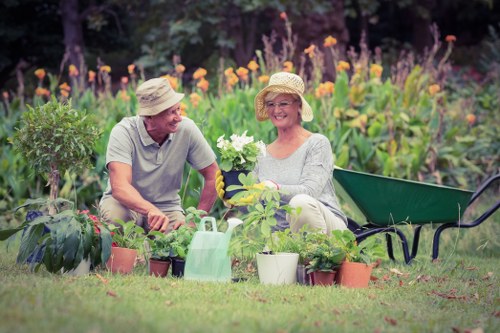
Gardening is more than just planting seeds and watching them grow; it's a continuous learning journey. For gardeners of all levels, reading is an essential tool that cultivates knowledge, inspires creativity, and enhances gardening skills. Whether you're a seasoned horticulturist or a novice with a green thumb, immersing yourself in gardening literature can transform your gardening experience.
**Gardeners Reading** encompasses a wide range of materials, including books, magazines, online articles, and journals dedicated to the art and science of gardening. These resources provide valuable insights into plant care, landscape design, pest management, and sustainable gardening practices. By engaging with diverse reading materials, gardeners can stay updated with the latest trends, techniques, and innovations in the gardening world.
In this article, we explore the significance of gardeners reading, highlight recommended resources, and discuss how integrating reading into your gardening routine can lead to a more productive and enjoyable gardening journey.
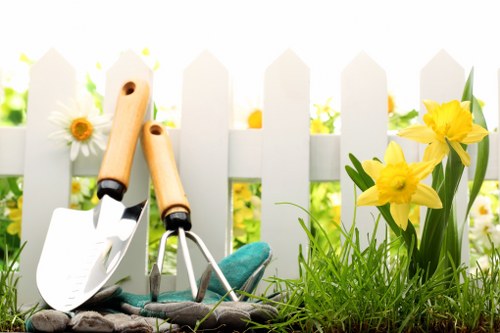
Benefits of Reading for Gardeners
Reading offers numerous benefits for gardeners, ranging from expanding plant knowledge to fostering a deeper connection with nature. Here are some key advantages:
- Enhanced Plant Knowledge: Understanding the specific needs of different plants helps in choosing the right species for your garden.
- Improved Gardening Techniques: Learning about various gardening methods can optimize growth and yield.
- Creative Inspiration: Exposure to different garden designs and ideas can inspire you to try new layouts and plant combinations.
- Pest and Disease Management: Knowledge about common pests and diseases enables effective prevention and control.
- Sustainable Practices: Reading about eco-friendly gardening practices promotes environmental stewardship.
By leveraging these benefits, gardeners can create a thriving garden that is both beautiful and sustainable.
Moreover, reading can provide emotional and mental health benefits. Gardening literature often includes stories and experiences that resonate with gardeners, fostering a sense of community and shared passion. This connection can be particularly uplifting during challenging gardening seasons.
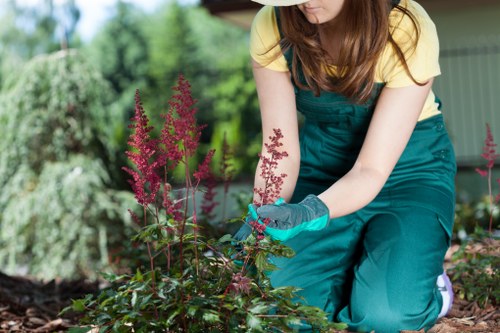
Top Reading Materials for Gardeners
With a vast array of gardening literature available, selecting the right materials can be overwhelming. Here are some highly recommended reading resources for gardeners:
Books
Books provide comprehensive and in-depth information on various gardening topics. Some notable titles include:
- The Garden Primer by Barbara Damrosch – A beginner-friendly guide covering all aspects of gardening.
- Rodale's Ultimate Encyclopedia of Organic Gardening by Fern Marshall Bradley and Barbara W. Ellis – Focuses on organic gardening practices.
- Floret Farm's Cut Flower Garden by Erin Benzakein – Specializes in growing and arranging cut flowers.
Magazines
Gardening magazines offer updates on the latest trends, seasonal tips, and expert advice. Popular options include:
- Gardener's World – Features practical gardening tips and inspiring garden designs.
- Fine Gardening – Showcases advanced gardening techniques and plant profiles.
- Organic Gardening – Emphasizes eco-friendly gardening practices.
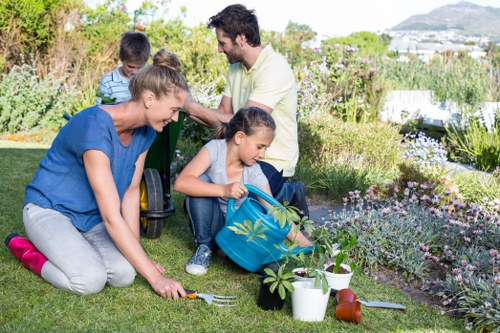
Incorporating Reading into Your Gardening Routine
To maximize the benefits of gardeners reading, it's essential to incorporate reading habits into your daily or weekly gardening routine. Here are some strategies:
- Set Aside Dedicated Time: Allocate specific times for reading, such as mornings with your morning coffee or evenings after gardening activities.
- Create a Reading Space: Designate a comfortable and quiet area in your home or garden where you can read without distractions.
- Join Gardening Clubs: Participating in gardening clubs or online forums often includes access to exclusive reading materials and discussions.
- Use Digital Resources: Leverage e-books, gardening blogs, and online courses to access information on the go.
- Attend Workshops and Seminars: These events often provide curated reading lists and insights from gardening experts.
By integrating these habits, gardeners can consistently update their knowledge and apply new techniques to their gardening practices.
Additionally, setting specific reading goals, such as completing a certain number of books or articles each month, can provide motivation and a sense of achievement.
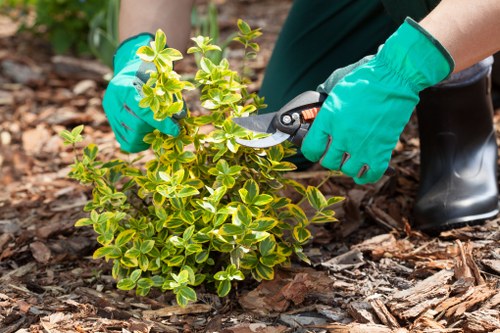
Local Gardening Communities Near Reading
For gardeners residing near Reading, there are numerous local areas that offer unique gardening opportunities and resources. Here are 12 nearby areas worth exploring:
- Wokingham: Known for its community gardens and annual flower shows.
- Maidenhead: Offers extensive horticultural societies and workshops.
- Bracknell: Home to botanical gardens and greenhouses.
- Newbury: Features charming allotments and gardening events.
- Henley-on-Thames: Renowned for its riverside garden tours.
- High Wycombe: Offers a variety of public parks and plant nurseries.
- Reading West: Hosts seasonal gardening fairs and markets.
- Tilehurst: Known for its sustainable gardening initiatives.
- Earley: Provides access to community-supported agriculture programs.
- Kennet: Features unique native plant collections.
- Crowthorne: Home to educational gardening centers.
- Sonning: Offers picturesque garden trails and historical gardens.
Each of these areas presents distinct features that can enhance your gardening experience, from educational resources to vibrant community events.
Exploring these localities not only broadens your gardening horizons but also connects you with fellow gardeners who share your passion.
Conclusion
**Gardeners Reading** is an invaluable component of successful gardening. By immersing yourself in diverse reading materials, you can enhance your gardening skills, stay informed about the latest trends, and foster a deeper connection with nature. Whether through books, magazines, or online resources, consistent reading can transform your gardening journey, making it more productive and fulfilling.
Additionally, engaging with local gardening communities around Reading can provide practical insights and support, further enriching your gardening endeavors. Embrace the habit of reading and watch your garden—and your knowledge—flourish.
Frequently Asked Questions
1. What are the best books for beginner gardeners?
For beginners, highly recommended books include The Garden Primer by Barbara Damrosch, which offers comprehensive guidance, and Rodale's Ultimate Encyclopedia of Organic Gardening by Fern Marshall Bradley and Barbara W. Ellis, focusing on organic methods.
2. How often should gardeners read to stay updated?
It's beneficial to dedicate at least a few hours each week to reading gardening materials. Consistent reading helps gardeners stay informed about seasonal tips, new techniques, and emerging trends.
3. Can online resources replace traditional gardening books?
Online resources complement traditional books by offering up-to-date information and interactive content. Both formats are valuable, and using a combination of both can enhance your gardening knowledge.
4. What are some local gardening events near Reading?
Areas near Reading, such as Wokingham and Maidenhead, host community gardens, flower shows, and gardening workshops. These events provide opportunities to learn and connect with other gardeners.
5. How does reading benefit mental health for gardeners?
Reading gardening literature can be relaxing and provide a sense of community, reducing stress and enhancing overall mental well-being. It also fosters a deeper appreciation for nature, which is beneficial for mental health.
